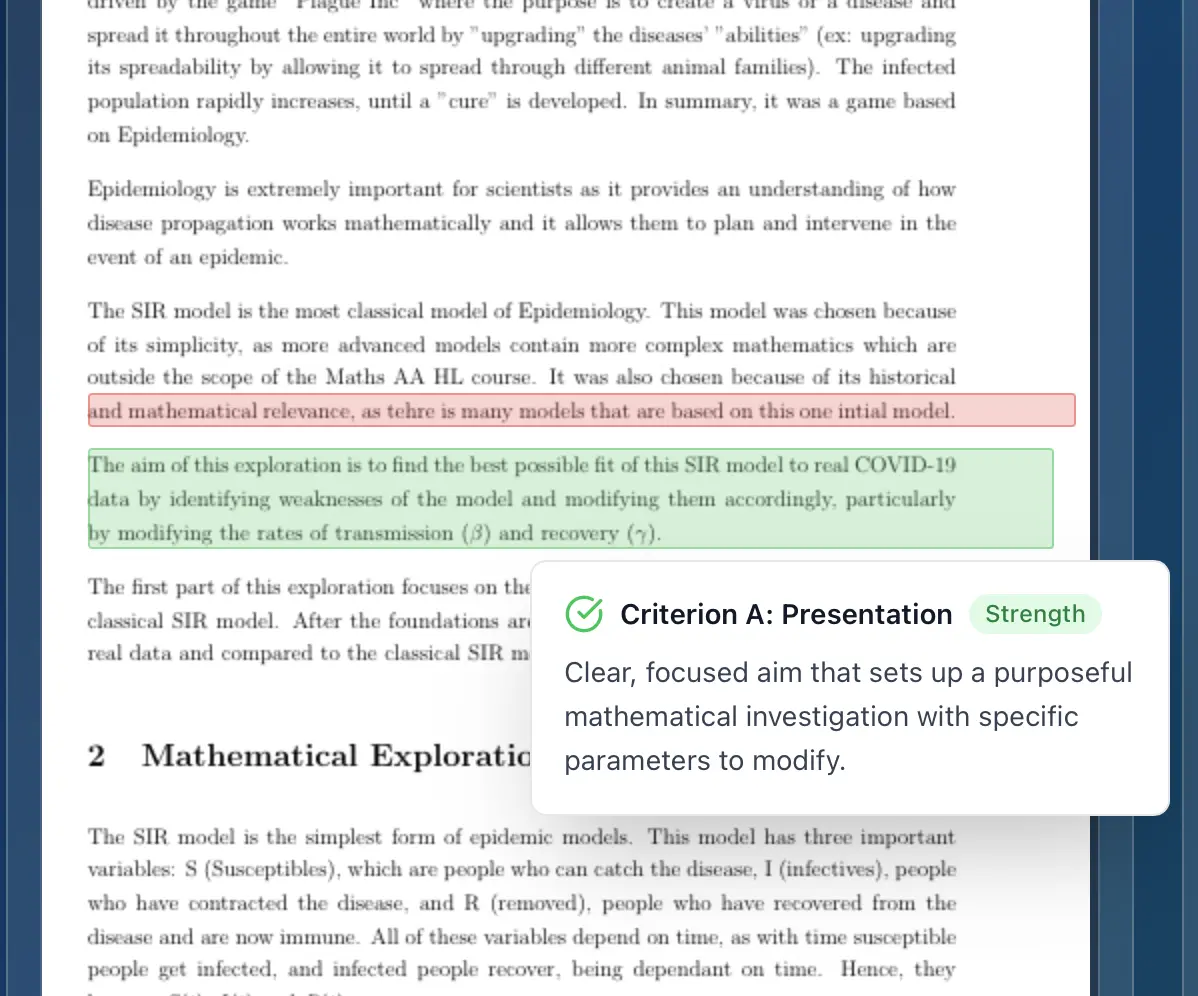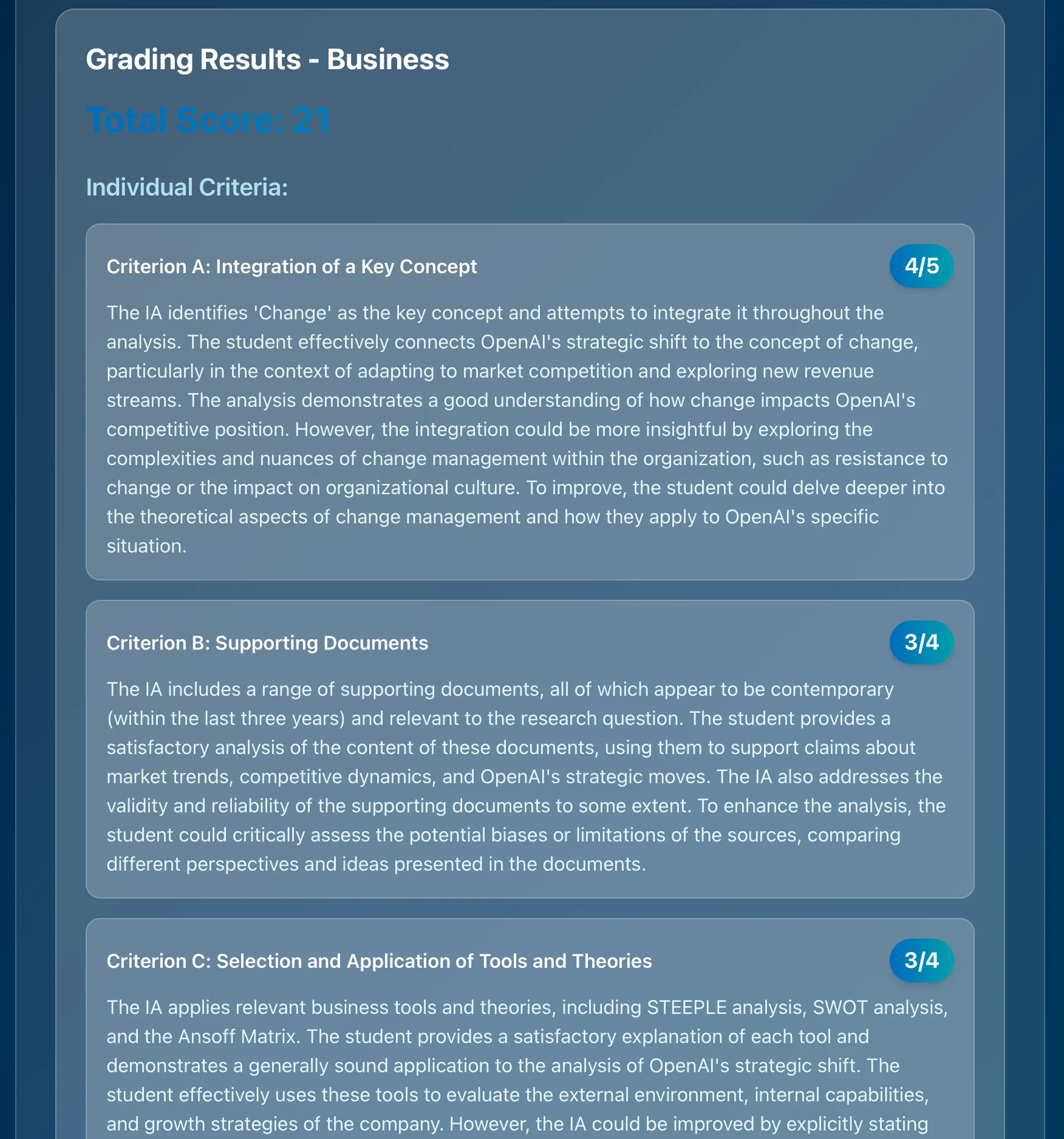IB Global Politics Extended Essay: A Guide to Contemporary Issues
Navigating the IB Global Politics Extended Essay can feel daunting. This comprehensive guide breaks down the process, offering actionable strategies to help you choose a compelling topic, conduct thorough research, and craft a high-scoring essay. We'll explore contemporary issues, delve into the assessment criteria, and provide expert tips to maximize your marks. Whether you're just starting or refining your final draft, this guide will equip you with the knowledge and tools you need to succeed in your IB Global Politics Extended Essay.
Introduction (Answer the Query Immediately)
The IB Global Politics Extended Essay (EE) is a challenging but rewarding opportunity to delve deeply into a contemporary global political issue. This independent research project allows you to demonstrate your understanding of political concepts, analytical skills, and research abilities. This guide will provide you with a step-by-step approach to tackling this assessment, from selecting a suitable topic to crafting a well-structured and insightful essay. We'll cover everything from understanding the IB rubric to applying relevant political theories. By the end of this guide, you'll have a clear roadmap to successfully complete your IB Global Politics EE.
Struggling with IB Assessments?
Get instant, detailed feedback on your work with AI that understands IB criteria.

Core Content Sections
Choosing the Right Topic: A Foundation for Success
Selecting a compelling and manageable topic is the first crucial step. Your topic must be relevant to contemporary global politics and allow for in-depth analysis.
- Relevance is Key: Ensure your topic directly relates to current global political issues. Avoid historical topics unless they have clear contemporary implications.
- Manageability: Choose a topic that is neither too broad nor too narrow. A broad topic will be difficult to research and analyze effectively within the word limit, while a narrow topic may lack sufficient scope for in-depth investigation.
- Personal Interest: Select a topic that genuinely interests you. This will make the research process more engaging and help you stay motivated throughout the project.
Examples of Strong Topics:
- The impact of social media on democratic elections in developing countries.
- The role of international organizations in addressing climate change-induced migration.
- The effectiveness of sanctions as a foreign policy tool in the 21st century.
- The rise of populism and its impact on international cooperation.
- The ethical implications of artificial intelligence in warfare.
Examples of Weak Topics:
- World War II (too historical)
- The political system of the United States (too broad)
- My opinion on a specific political leader (lacks academic rigor)
Crafting a Focused Research Question
A well-defined research question is the backbone of your Extended Essay. It guides your research and provides a clear focus for your analysis.
- Specificity: Your research question should be specific and focused, addressing a particular aspect of your chosen topic.
- Feasibility: Ensure your research question is answerable within the scope of the Extended Essay.
- Analytical Potential: Your research question should encourage critical analysis and evaluation, rather than simply descriptive reporting.
Examples of Strong Research Questions:
- To what extent has social media disinformation influenced voter turnout in the 2024 Indian general election?
- How effective are international climate agreements in mitigating the displacement of populations due to rising sea levels in the Pacific Islands?
- To what extent have economic sanctions against Russia impacted its foreign policy decisions regarding the war in Ukraine?
- How has the rise of right-wing populism in Europe affected the European Union's policies on immigration?
- What are the ethical implications of using autonomous weapons systems in modern warfare, and how can international law be adapted to address these concerns?
Examples of Weak Research Questions:
- What is climate change? (too broad and descriptive)
- What are the causes of war? (too broad and lacks focus)
- Is democracy good? (too subjective and lacks analytical potential)
Developing a Robust Methodology
Your methodology outlines the approach you will take to answer your research question. It should be clearly defined and justified.
- Research Methods: Specify the research methods you will use, such as case studies, comparative analysis, content analysis, or interviews.
- Source Selection: Explain how you will select and evaluate your sources, including academic articles, reports, news articles, and primary data.
- Theoretical Framework: Identify the relevant political theories or concepts that will inform your analysis.
Example Methodology:
"This essay will employ a comparative case study methodology, examining the impact of social media on democratic elections in India and Brazil. Data will be collected from academic articles, news reports, and social media analytics. The analysis will be informed by theories of political communication and democratic participation."
Knowledge and Understanding: Demonstrating Expertise
Criterion B assesses your understanding of the global political context, application of relevant concepts and terminology, and awareness of social and cultural influences.
- Contextualization: Clearly connect your research question to the broader global political context, including relevant institutions, actors, and theories.
- Terminology: Use political terminology accurately and consistently. Define key terms where necessary.
- Social and Cultural Influences: Demonstrate an awareness of how social and cultural factors influence political understanding and behavior.
Example:
"The rise of populism in Europe can be understood in the context of globalization, economic inequality, and cultural anxieties. This essay will explore how these factors have contributed to the appeal of populist parties and their impact on European integration."
Critical Analysis: Constructing a Reasoned Argument
Criterion C is the most heavily weighted criterion, assessing your ability to critically engage with the chosen issue, construct a reasoned argument, and support it with relevant evidence.
- Argumentation: Develop a clear and coherent argument that directly addresses your research question.
- Evidence: Support your argument with specific and relevant evidence from your research.
- Counterarguments: Acknowledge and address counterarguments to demonstrate a balanced and nuanced understanding of the issue.
- Evaluation: Evaluate the strengths and weaknesses of different perspectives and arguments.
Example:
"While economic sanctions can be an effective tool for achieving foreign policy objectives, they often have unintended consequences, such as harming civilian populations and undermining economic stability. This essay will argue that the effectiveness of sanctions depends on careful targeting, multilateral cooperation, and consideration of potential humanitarian impacts."
Presentation: Clarity and Organization
Criterion D assesses the clarity, organization, and academic conventions of your essay.
- Structure: Use a clear and logical structure, with an introduction, body paragraphs, and a conclusion.
- Headings: Use clear and informative headings to guide the reader through your essay.
- Referencing: Follow a consistent referencing style (e.g., MLA, APA) and accurately cite all sources.
- Visual Aids: Use charts, tables, and images to support your argument where appropriate.
Engagement: Reflecting on the Research Process
Criterion E assesses your reflection on the research process, including decision-making, planning, and skills developed.
- Challenges: Discuss the challenges you faced during the research process and how you overcame them.
- Learning: Reflect on what you learned from the research process, including new knowledge, skills, and insights.
- Improvements: Suggest potential improvements for future research.
Example:
"One of the main challenges I faced during this research was accessing reliable data on social media disinformation. To overcome this, I consulted multiple sources, including academic articles, reports from fact-checking organizations, and social media analytics tools. Through this process, I learned the importance of critically evaluating sources and triangulating data to ensure accuracy."
Common Challenges/Mistakes Section
- Vague Research Question: A research question that is too broad or poorly defined makes it difficult to focus your research and analysis. Solution: Refine your research question to be more specific and focused.
- Lack of Evidence: Failing to support your arguments with sufficient evidence weakens your analysis. Solution: Conduct thorough research and gather relevant evidence from credible sources.
- Descriptive Writing: An essay that is primarily descriptive lacks critical analysis and evaluation. Solution: Focus on analyzing and evaluating the evidence, rather than simply summarizing it.
- Poor Referencing: Inaccurate or inconsistent referencing can lead to plagiarism and lower your grade. Solution: Follow a consistent referencing style and carefully cite all sources.
- Ignoring Counterarguments: Failing to acknowledge and address counterarguments demonstrates a lack of critical thinking. Solution: Identify and address counterarguments to demonstrate a balanced and nuanced understanding of the issue.
Pro Tip: Get AI-Powered Grading
Stop second-guessing your grades. Get instant feedback aligned with official IB rubrics.

Advanced Tips/Strategies Section
- Engage with Primary Sources: Whenever possible, engage with primary sources, such as interviews, government documents, or original data. This can add depth and originality to your analysis.
- Apply Theoretical Frameworks: Use relevant political theories or concepts to inform your analysis and provide a deeper understanding of the issue.
- Develop a Strong Thesis Statement: Craft a clear and concise thesis statement that summarizes your main argument and provides a roadmap for your essay.
- Seek Feedback: Ask your teacher or peers to review your essay and provide feedback. This can help you identify areas for improvement.
- Revise and Edit: Take the time to revise and edit your essay carefully, paying attention to grammar, spelling, and clarity.
Technology and Modern Assessment Section
Technology is transforming IB assessment, offering new tools and resources to enhance the learning experience. AI-powered platforms are becoming increasingly valuable for both students and teachers. For example, AI can help students identify potential research topics, access relevant sources, and improve their writing skills.
For teachers, AI grading assistants like Marksy are revolutionizing the assessment process. Marksy provides instant, accurate, and detailed feedback on student work based on official IB rubrics. This saves teachers valuable time and ensures consistent and fair grading. Marksy's rubric-aligned scoring, criterion-by-criterion feedback, and suggestions for improvement help students understand exactly how to improve their work. By leveraging AI, educators can focus on providing personalized support and guidance to their students, ultimately leading to better learning outcomes. AI tools use official IB criteria to ensure accuracy and fairness, promoting objective assessment.
Conclusion with Clear Next Steps
The IB Global Politics Extended Essay is a significant undertaking, but with careful planning, thorough research, and critical analysis, you can achieve a high score. Remember to choose a compelling topic, craft a focused research question, develop a robust methodology, and support your arguments with relevant evidence. By following the tips and strategies outlined in this guide, you'll be well-equipped to tackle this challenge and demonstrate your understanding of contemporary global political issues.
Next Steps:
- Brainstorm potential topics: Consider your interests and current global events.
- Refine your research question: Ensure it is specific, focused, and answerable.
- Develop a detailed research plan: Outline your methodology and timeline.
- Start researching and gathering evidence: Consult a variety of credible sources.
- Begin writing your essay: Follow a clear and logical structure.
- Revise and edit your work: Pay attention to grammar, spelling, and clarity.
Ready to take your IB Global Politics Extended Essay to the next level? Try Marksy for free and experience the power of AI-driven feedback. Improve your understanding of the IB rubric, identify areas for improvement, and boost your confidence. Sign up for a free trial today and unlock your full potential!